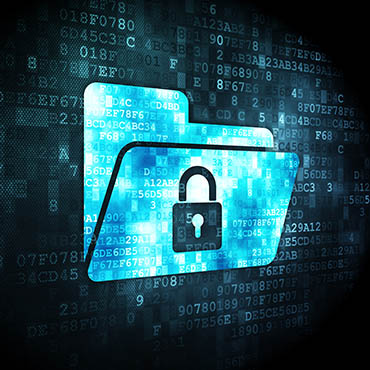White House would veto email blocking bill
The House passed a bill that would give agencies authority to block employee access to webmail, but the White House is pledging a veto.

The House of Representatives passed a slate of measures to give agencies unfettered authority to block employee access to personal webmail, online pornography and potentially risky web applications, regardless of union contracts.
The legislative package includes the Federal Information Systems Safeguards Act, the Eliminating Pornography from Agencies Act, the Senior Executive Service Accountability Act and other measures affecting federal IT and federal employment.
According to the bill report, the legislation is designed to "eliminate an ambiguity" in federal information law that lets union contacts govern employee access to personal online services. The bill would let CIOs determine what services, like webmail, would be accessible via agency networks regardless of any contractual provisions.
However, opponents think it has little to do with computer security, and more to do with cutting into the bargaining power of federal employee unions. Democrats oppose the bill, as do federal employee unions. When the bill came up on the House calendar, the White House issued a veto threat.
"Certain sections of this legislation would weaken the rights of Federal employees, and be impractical and administratively burdensome to implement," the White House wrote on July 5 in response to the legislative package. "They would also have harmful unintended consequences, while failing to address the issues they are designed to solve and while raising serious constitutional concerns."
The White House is also concerned that the bill would "require expedited removal procedures for agency senior executives that would raise significant constitutional concerns under the Appointments Clause and the Due Process Clause."
Lead sponsor Rep. Gary Palmer (R-Ala.) told FCW that "federal employees have the right to work at work. They don't have the right to access their personal email, to access websites unrelated to their work, and they certainly shouldn't have a right to negotiate the American government securing the safety of the American people's information and data."
Cosponsor Rep. Bruce Westerman (R-Ark.) said, "President Obama has the right to veto this bill, but when he does, the stroke of his pen will say he believes federal employees are entitled to view pornography on government computers." He added that blocking the bill will "put the computer systems of the federal government at risk from hackers for foreign governments and terrorist networks."
The White House disagreed, saying that the legislation would undermine "existing government-wide cybersecurity and records management policies."
This article was updated July 7.
NEXT STORY: Uber, but for feds





